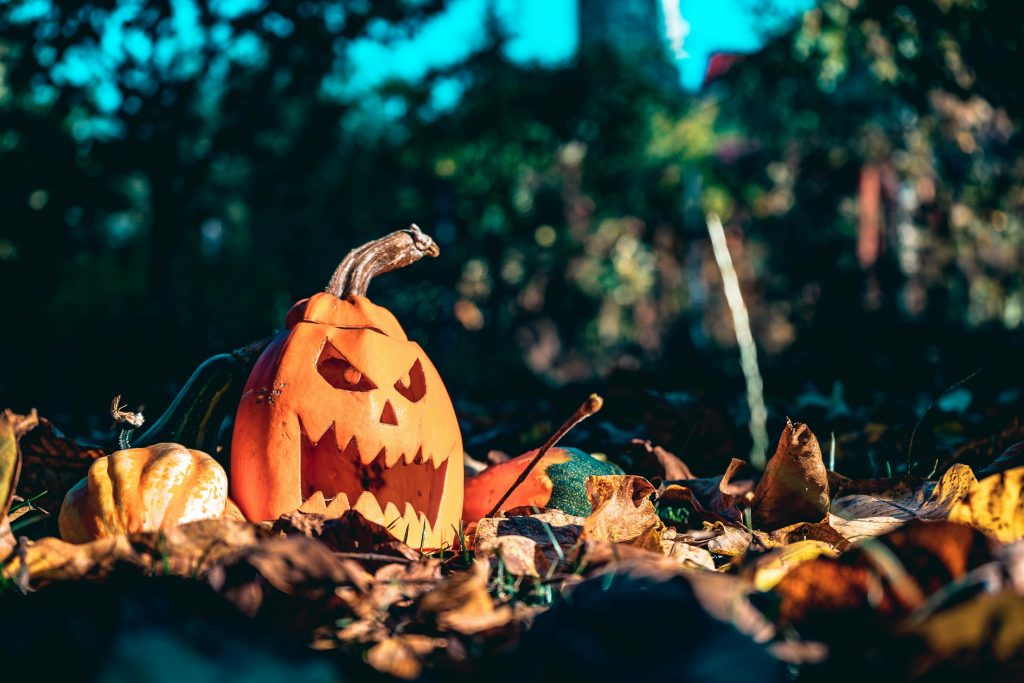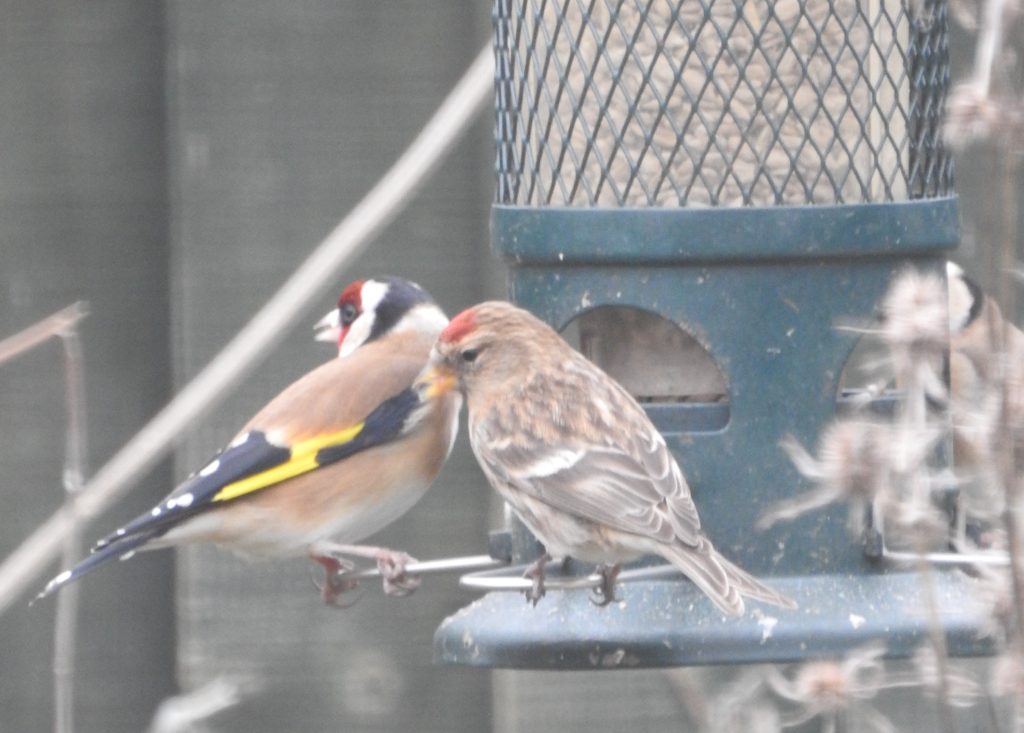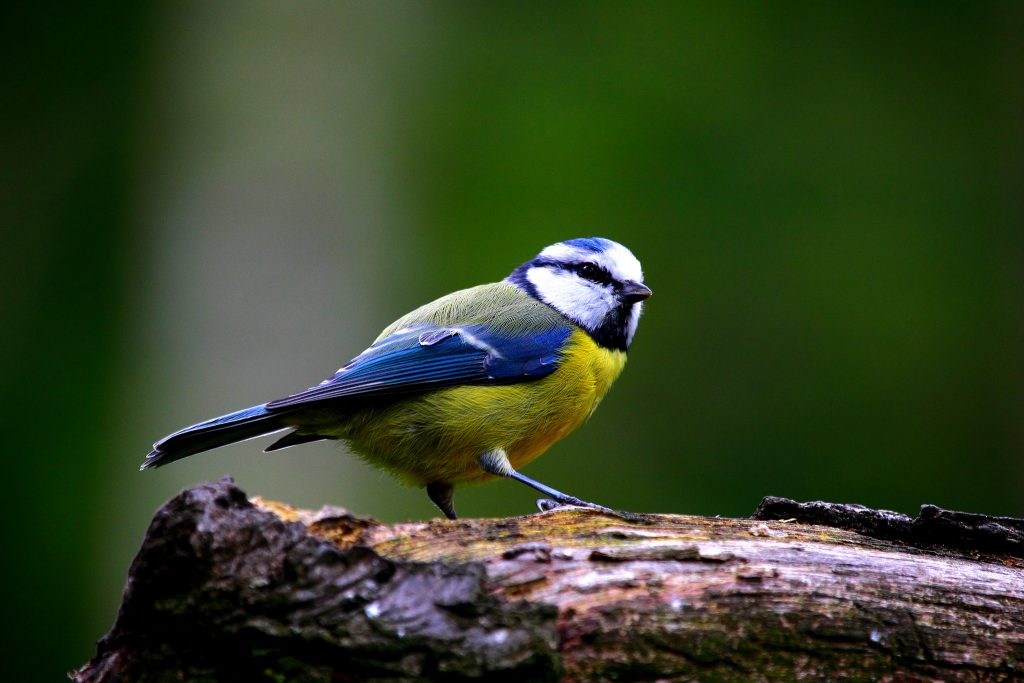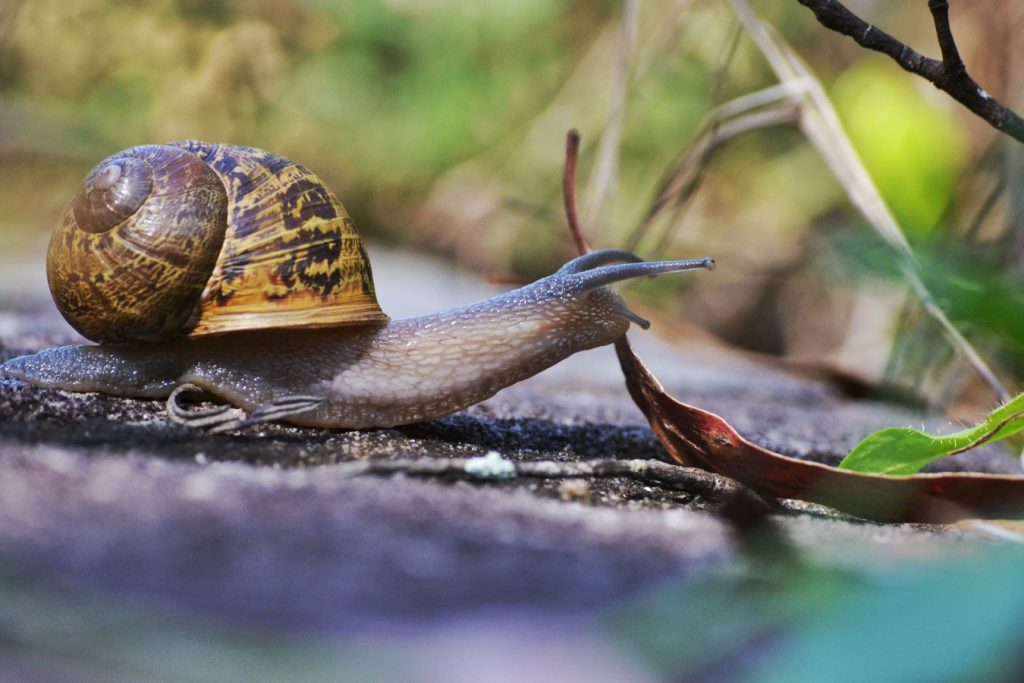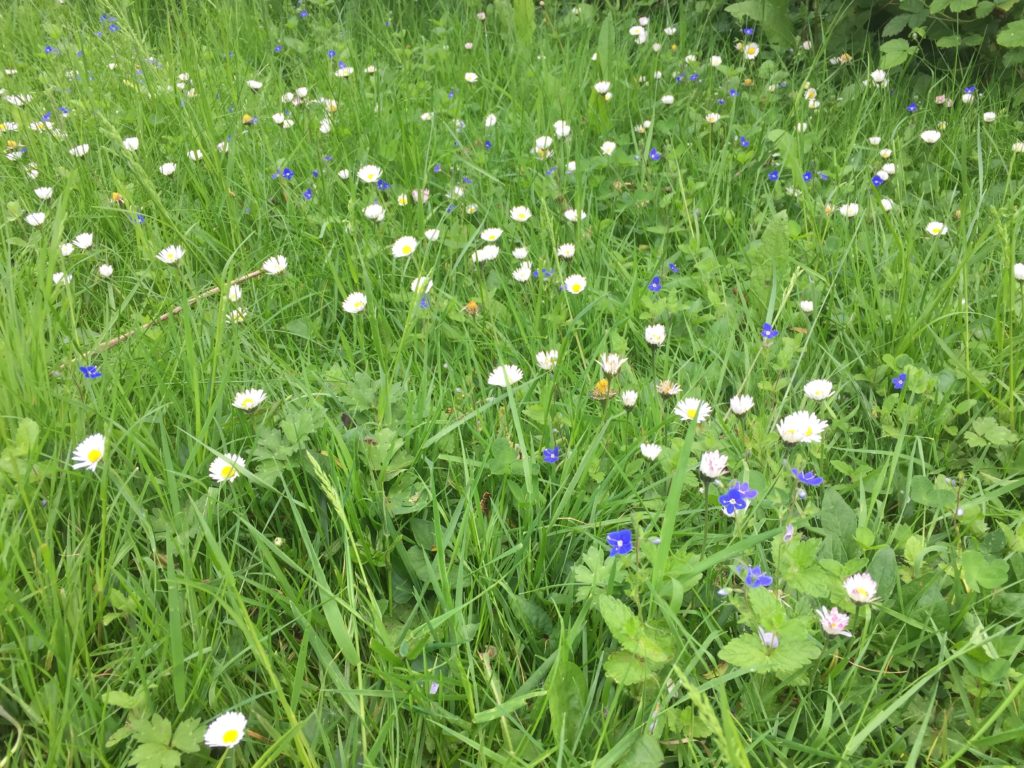RSPCA wants nature lovers to embrace the call of autumn and sign up to be a Wildlife Friend.
The charity is calling on people to don their boots and gardening gloves and have a go at tasks that will help change the lives of animals for the better.
There are 24 self-service tasks for volunteers to complete this year, with different tasks set for each of the four seasons. Points are earned when completing tasks and volunteers who earn a set number or more during a season are awarded a seasonal certificate.
Some of the tasks include:
- Cleaning bird feeders
- Creating mini compost heaps
- Cleaning out nest boxes
- Discarding pumpkin leftovers
- Taking part in Hallowclean
- Helping hedgehogs get ready for hibernation
- Keeping wildlife safe from bonfires

